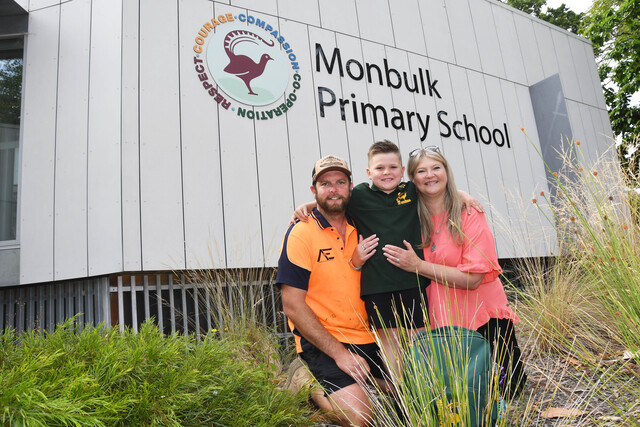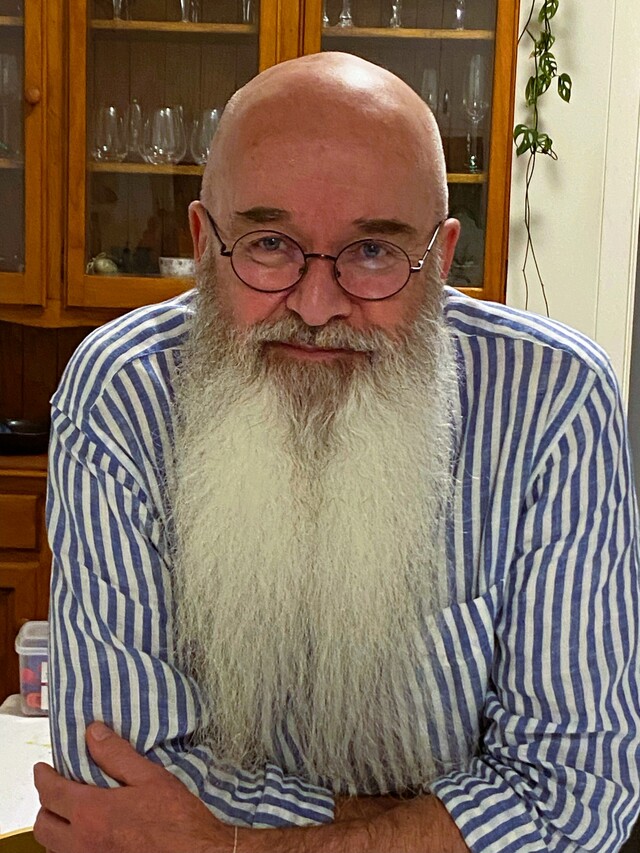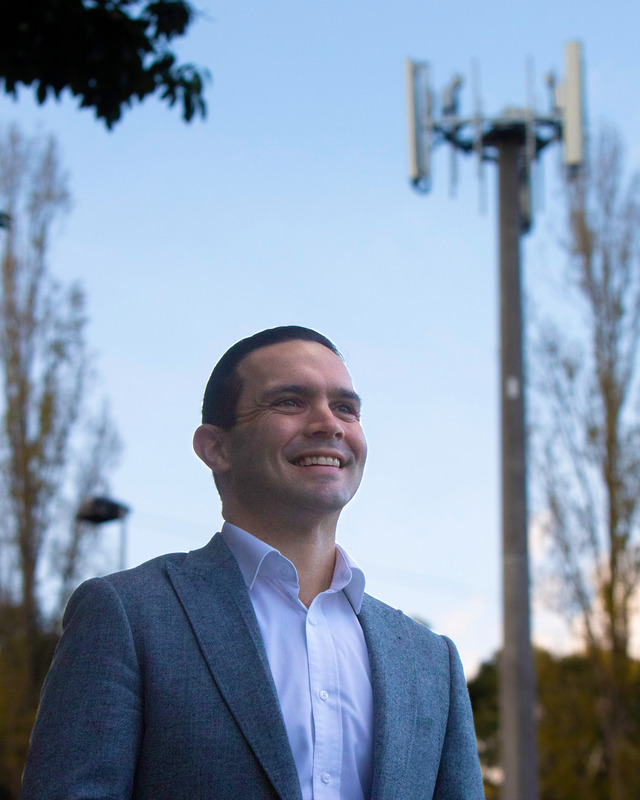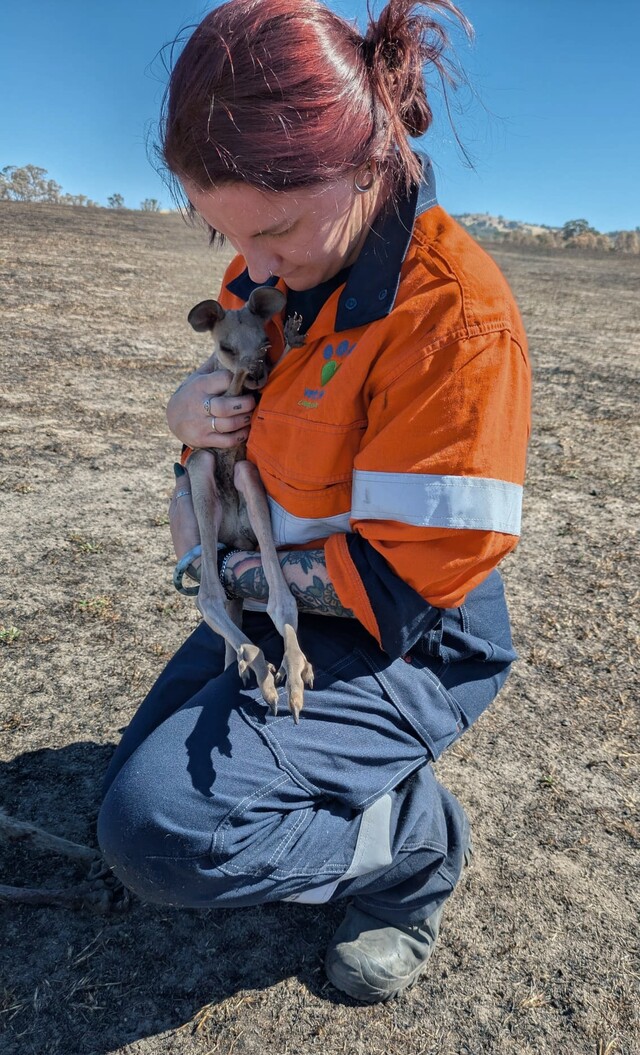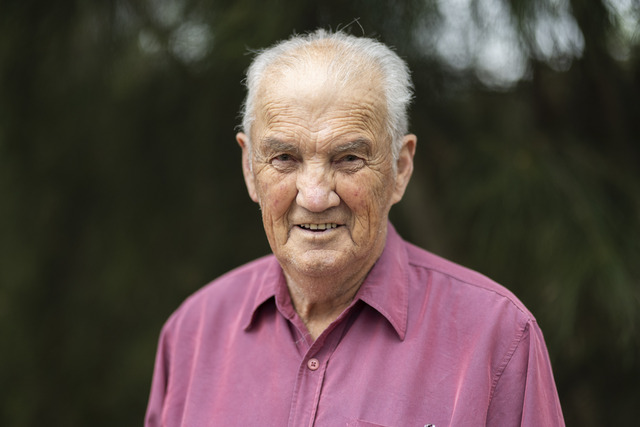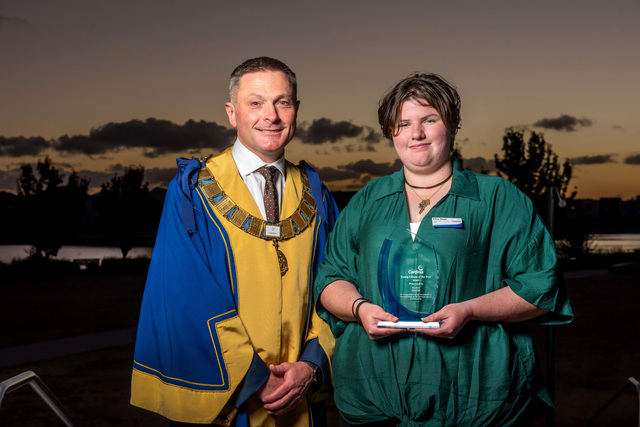Support for some of the most pressing healthcare concerns in Australia received some support in the 2024/25 Federal Budget.
The first cab off the rank for boosting the health of Australians came prior to the Budget’s release as Labor announced that 29 more Medicare Urgent Care Clinics (UCC) will be delivered, though locations are as yet unknown.
Casey MP Aaron Violi has been calling for a UCC to service the Casey electorate and said he is following up on the announcement to find out if one of the new UCCs will service the region.
“Our information is that in the next couple of weeks, they’ll be announced or start to be announced so we are very hopeful that we do receive one,” he said.
“It’s clear that Casey as an electorate and the Yarra Ranges needs at least one if not two urgent care clinics so I’ll watch with interest and obviously to those that have signed my petition, I say thank you,”
“We do know the government’s aware of the petition and the paper [the Star Mail] had an article about it with a response from the minister so they’re aware of our need and we’ll continue to lobby them.”
The announcement will bring the number of UCCs around the country to 87 and Health Minister Mark Butler said Medicare Urgent Care Clinics are already fulfilling their promise by making sure Australians can walk in and receive urgent care quickly and for free.
“Medicare Urgent Care Clinics are making a difference, for patients and for busy hospital emergency departments,” he said.
“More UCCs, in more locations, and all patients need is their Medicare card.”
The Federal Government will consult state and territory governments and Primary Health Networks in implementing the UCCs.
The Australian Government will spend $146.1 billion on health and aged care in 2024–25 while the government claims $8.5 billion in new funding will be spent on health and $2.2 billion in aged care (mostly delivering reforms and implementing recommendations from the Royal Commission into Aged Care Quality and Safety).
In further efforts to reduce the pressure on the healthcare system, $90 million has been pledged over three years to implement recommendations of the ‘Independent review of Australia’s regulatory settings relating to overseas health practitioners’, which includes a new pre-fellowship program for nonvocational doctors to support international medical graduates to settle in small communities in Australia and work in primary care while $17.4 million has been spent to extend the General Practice Incentive Fund for another year.
The Royal Australian College of General Practitioners was disappointed by the budget with President Dr Nicole Higgins having said the Government has dropped the ball in its commitment to strengthen Medicare and reduce out-of-pocket costs for patients.
“The Government took the first step to repair decades of devastating underfunding of Medicare and general practice care last year – now this work will stall,” she said.
“There is no more support for rural and regional patients, or people with chronic conditions, which is where the need is greatest,”
“There is no substitute for the quality care provided by a GP who knows you and your history. General practice helps people live healthier lives and stay out of hospital. The smartest and most cost-effective health investment Government can make is increasing patients’ Medicare rebates, so they can access affordable care.”
The RACGP also believes UCCs are not ‘value for money’ and are an ‘inefficient use of limited health resources’.
The flagship funding for mental health in the budget came in three specific measures:
$588.5 million over the next eight years to establish a new national low-intensity digital mental health service that can be accessed free of charge and without a referral to address mental health concerns before high-intensity mental health services are required and
$71.7 million over four years to fund Primary Health Networks, in partnership with GPs, to recruit mental health nurses and other allied health supports to offer free care and support to patients with complex needs, in between their GP and specialist appointments and
Upgrading the clinical capacity of the established Head to Health program to provide free mental health services through a network of 61 walk-in Medicare Mental Health Centres.
The controversial decision from the Federal Government to halve the number of psychology sessions that are eligible for a rebate from 20 to 10 per year in 2023 has not been reversed, which has drawn the ire of Independent Senator David Pocock, Casey MP Aaron Violi and organisations like the Australian Association of Psychologists and Australian Medical Association.
Mr Violi said he would have rather that that money was invested in going back to the 20 sessions [subsidised psychology sessions], but any money spent on mental health is a step in the right direction.
“There’s definitely a role for digital health mental health but I don’t think it’s enough in terms of acute mental health, as let’s be honest, a face-to-face session is more impactful,” he said.
“If you think about it in a 12-month period, 20 sessions allow you to go roughly every three weeks, whereas 10 means you’ve got to stretch it out to every five to six weeks.”
People suffering from endometriosis have received another welcome boost as Medicare will cover longer specialist consultations for women with endometriosis and other complex gynaecological conditions like chronic pelvic pain and polycystic ovary syndrome (PCOS) will now be covered from July 2025.
The two new rebates will be added to the Medicare Benefits Schedule to enable extended consultation times and increase the rebates for specialist care. The announcement follows the delivery of endometriosis and pelvic pain clinics and funding for research and awareness of these conditions since the Labor Government was elected in 2022.
Women’s Health East was contacted for comment.




